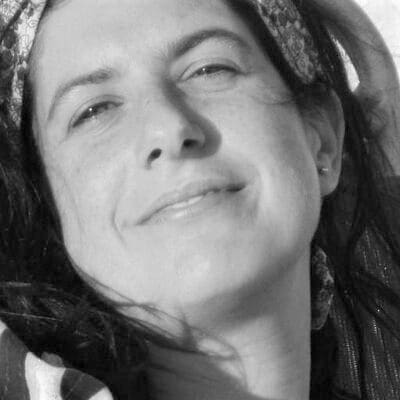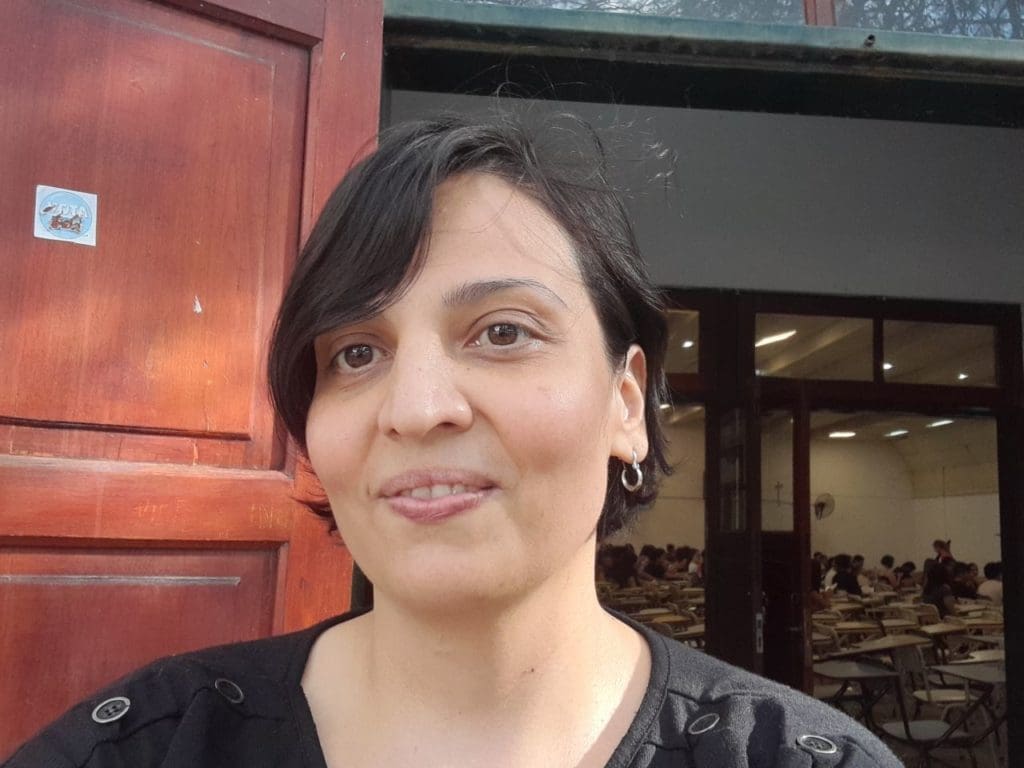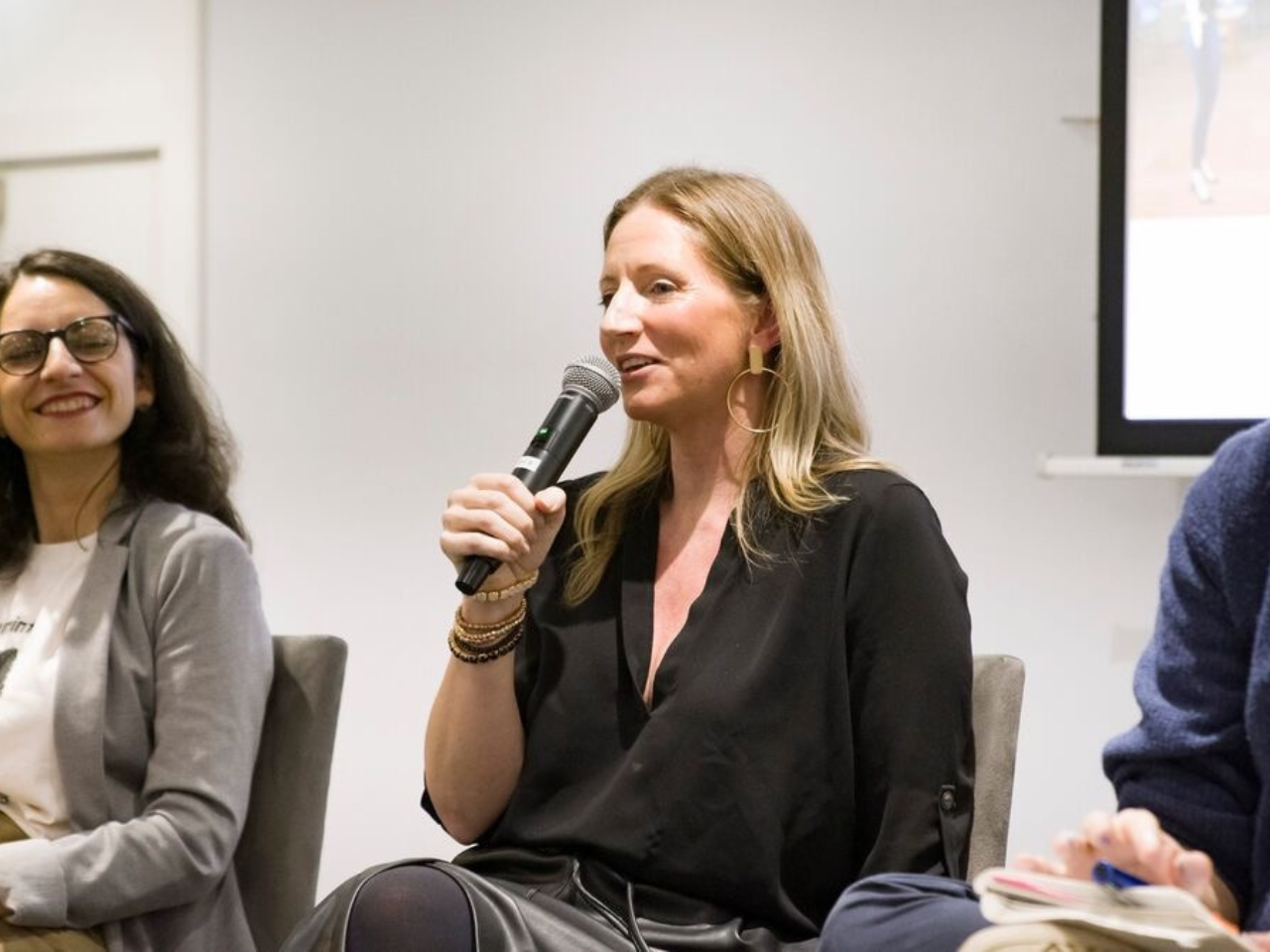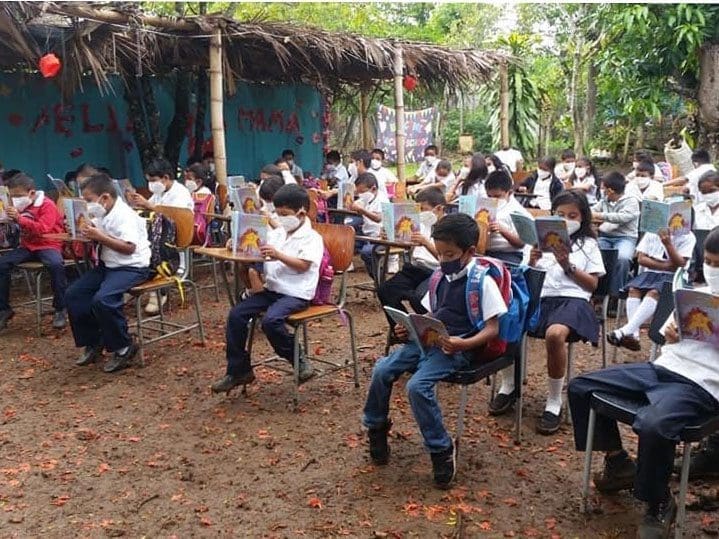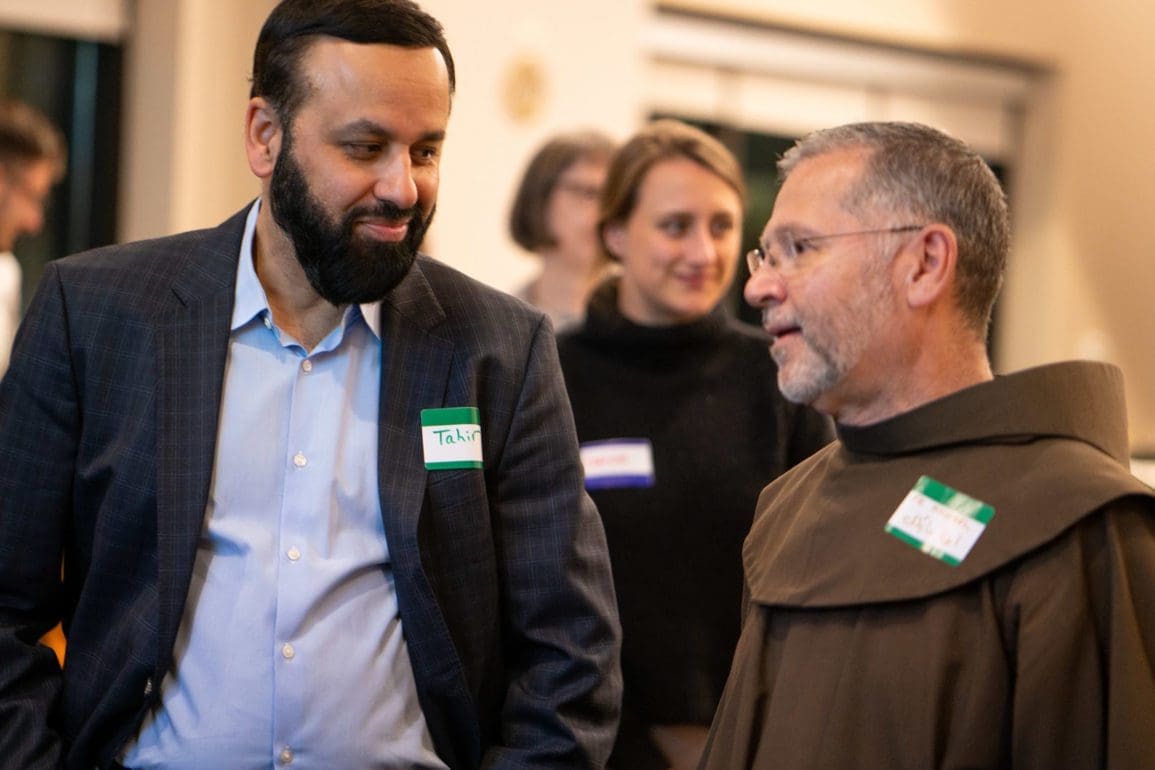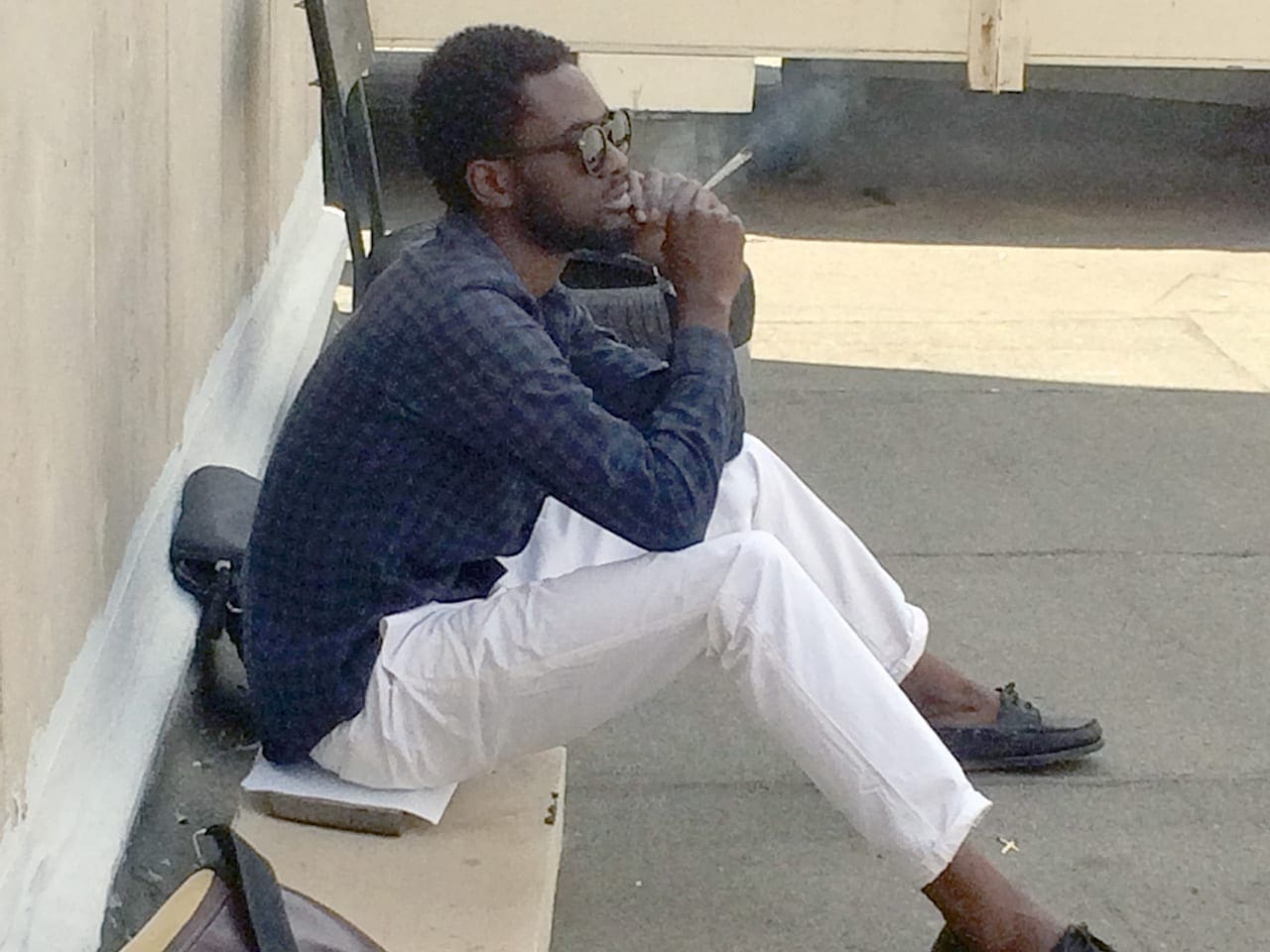Teacher speaks out about Autism: “Receiving my diagnosis changed my life.”
When the last session finally arrived, I felt anxious. With my heart beating, hands sweating, and mind racing, I could not take it anymore. I screamed, “Am I autistic or not?” When the answer came, “Yes, you are autistic,” I felt like someone punched me in the stomach.
- 1 year ago
March 29, 2023
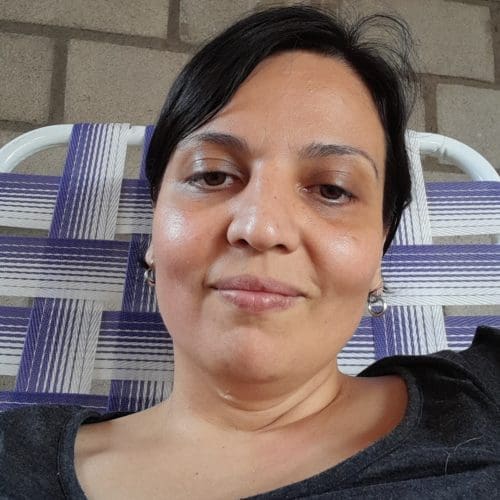
CATAMARCA, Argentina ꟷ At 39 years old, I received the diagnosis of Autism Spectrum Disorder (ASD). I found out I’m autistic by chance. As a psychology teacher, I work with students with disabilities. While researching, I found a website talking about autism. A mother created the site who discovered her own diagnosis while accompanying her autistic daughter. In that moment I realized it.
Read more incredible first-person stories from autistic people around the world.
I identified with the traits and characteristics I read about. For example, I could relate to the permanent feeling of not fitting in and the repetition of words or phrases. I continued my research and contacted a psychologist in Cordoba who specializes in autistic women, since it manifests differently for us. Women often enact “camouflage” due to mirror neurons, which help us learn in action. We often practice and rehearse social skills. This allows autistic women to function, but often at great cost.
Getting diagnosed with Autism Spectrum Disorder and identifying my symptoms
Receiving my diagnosis changed my life. I went through many tests, several pages long. When the last session finally arrived, I felt anxious. With my heart beating, hands sweating, and mind racing, I could not take it anymore. I screamed, “Am I autistic or not?” When the answer came, “Yes, you are autistic,” I felt like someone punched me in the stomach. I did not feel relieved. Instead, it felt like someone removed a veil and I saw myself standing on the edge of the abyss.
The psychologist explained it to me but because of my nature to be literal, I needed her to tell me again: you are autistic. I still feel reactive but over time, I am beginning to adjust and meet wonderful people on the spectrum. Along the way, I learned it is not about having autism, it is about being autistic.
I identify with many characteristics of ASD. I have a huge sense of justice and have determined I must be good. When something deviates from that norm, it completely disorganizes me. I lose the ability to read and my stomach becomes upset. After taking an exam, I sleep for two days. While many people suffer from work stress, in my case, the intensity remains the distinguishing factor. Behaviors like rocking regulate me.
Since childhood, I struggled with extreme anxiousness and fear, manifested by physical symptoms and crises. I obsessed over different things and always grappled with a general feeling I did not belong and shared few interests with others. I felt like a fish out of water, always alone. Yet, cognitively, I had no issues. I performed ideally as a student and went through periods of extreme extroversion.
Learning to live daily life as an autistic person
Still today, I grieve my autism diagnosis and work on acceptance. I focus on the present and try not to over-adapt. When I get exhausted, I simply rest. Most importantly, I try to let my autistic self come out and listen to her.
However, challenges arise. When I opened up about my diagnosis at work, some negative responses I received felt invalidating and limiting. So, I continue to learn more about autism. I now recognize that many things I experienced in my life, like feeling tired and moody, relate to ASD. Yet, I adapted my behavior to fit in, leaving me constantly under stress. I lived like this for a long time. One thing that helps me now is my medication, because my mind races like a marathon. It never stops.
Something like going to the supermarket proves a difficult task because of the stress it represents. It makes me feel like I just went through a strenuous gym class. I feel physically exhausted, emotionally sad, and guilty. Environments like this can disintegrate my senses. Many of us feel the affects of noise, sensations, and odors – unable to discriminate between them. For me, it feels like hearing and feeling everything at the same time. It can become overwhelming. The sound of a loud bang or a strong odor can cause me physical pain.
Furthermore, autistic individuals often find it difficult to understand irony, sarcasm, jokes, neologisms, and sayings. We need a language that is complete and real. Abstraction proves very difficult, requiring us to constantly decode.
A call to action regarding Autism Spectrum Disorder
In the autistic community, we talk about needing help. Some people need more help than others, depending on their development. The fact that we have communicative intentions and can socialize does not mean we do not need help. ASD is a disability, yet, in many cases, I am asked to prove it, as if that were possible. I often wonder why I would invent being autistic given the suffering it causes.
As autistic people, we do not stay the same throughout our entire lives. Autistic people can advance through common issues based on their age, but it requires early diagnosis. Comorbidities also exist and autistic people can become very vulnerable. We often do not understand bullying or abuse. The help we need includes education to assist us in recognizing when we are being victimized. For example, if I go to a medical appointment and am told to take off my clothes, I will remove all of my clothes. I do not understand intentionality.
While a psychologist can diagnose Autism Spectrum Disorder, I find few professionals who specialize in autism for adults; and foundations often do not have the voice of autistic people on their teams. No one can speak for us. We must speak for ourselves and be heard.
